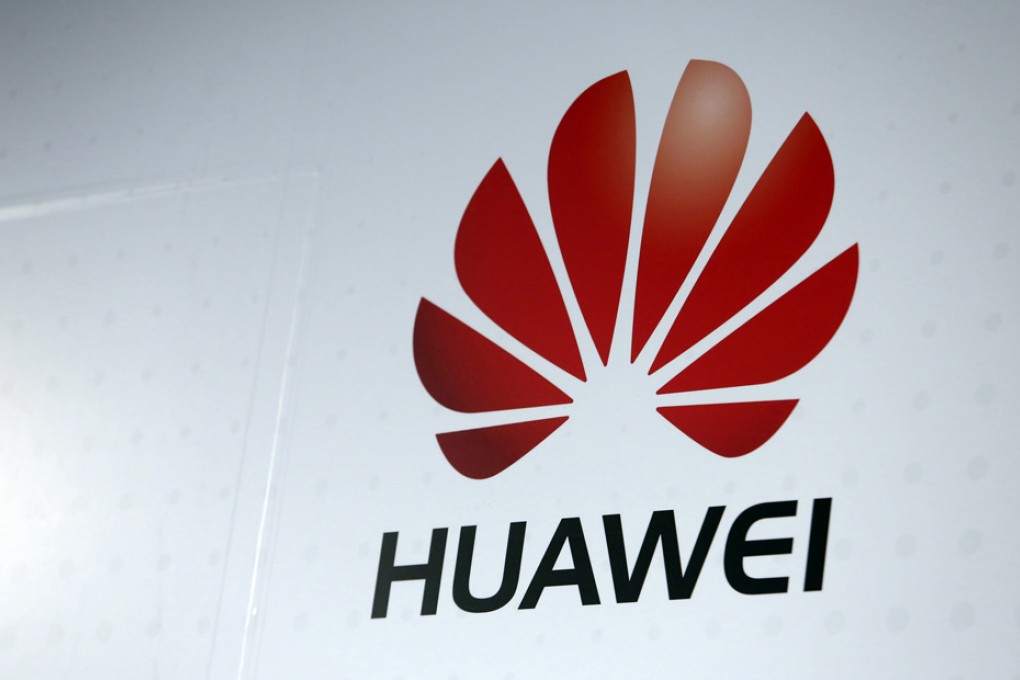My Take | United States is a hypocrite on cyberespionage
For years, Washington has sabotaged Huawei's plans to expand its business footprint in America.

For years, Washington has sabotaged Huawei's plans to expand its business footprint in America. They charge that the Chinese maker of internet switching equipment could compromise the computer security of potential US clients, given its founder's supposed links to the People's Liberation Army.
But thanks to Edward Snowden, we now know that US cyberspies have penetrated Huawei's computer systems to glean data and communication from its executives. The funny thing is, given how much they know about Huawei, they have turned up nothing. The defence the Americans give is that the staggering global snooping by the US National Security Agency - of which Huawei is just one of many foreign commercial targets - is conducted for national security rather than to steal commercial secrets like the Chinese. The US has indicted five PLA members this week for hacking into the computers of US companies.
But both countries have an expansive definition of national security that includes economic advantages. And the line between the two types of hacking is often blurred.
Let's give the Americans the benefit of the doubt: United States spies would not pass secrets they glean from say, Huawei, to Cisco or from Airbus to Boeing. Even so, top officials in Washington have admitted they have exploited commercial secrets to advance US trade negotiations as well as gain economic and industrial advantages that surely benefit specific US industries. Keeping Huawei from expanding in the US certainly helps its American rivals.
Other NSA targets include state-owned companies like Petrobras, Brazil's huge national oil company, and China Telecom. Americans think they are fair game as foreign government entities. That's hardly convincing, except to Americans. The NSA also targeted Joaquin Almunia, the antitrust commissioner of the European Commission, most likely because he has gone after Microsoft, Intel and Google.
Meanwhile, Chinese cyberspies have snooped on the United Steelworkers union and a solar energy firm, SolarWorld, for intelligence about trade complaints - exactly what the US argues is legitimate spying.
